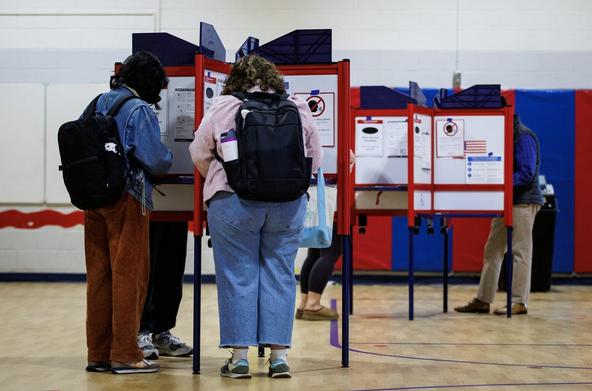New revenue forecast says Washington state lawmakers face $1.2 billion shortfall
By Mike Baker, Associated Press
from The Columbian
Washington’s budget shortfall has grown to $1.2 billion, officials said Wednesday, as increased reliance on government services overpowered relative stability in the state’s economy.
The state Economic and Revenue Forecast Council cited higher-than-forecast expenses in such areas as Medicaid as the cause of new budget trouble. Government revenues remained stable, something Gov. Jay Inslee’s budget director cited in calling the forecast relatively good news.
“It could have been worse,” said David Schumacher, director of the Office of Financial Management.
Forecasters say the revenues for the next budget cycle could still fluctuate dramatically in either direction. A variety of outside economic forces could help or hurt the state, including how Congress handles its recent budget cuts, Europe’s economic troubles and whether the Chinese economy slows down.
The state projections assume the automatic federal budget cuts, which impact pay for workers at Joint Base Lewis-McChord and elsewhere, will be resolved by the middle of the year. Steve Lerch, the state economist, said those cuts would cost the state about $6 million a month if they remain in place.
Lerch was optimistic about strong automobile sales and construction activity in the state.
Budget writers entered the year with a roughly $1 billion shortfall and had expected that the numbers may get worse. The Legislature is separately under court order to add more money — perhaps another $1 billion — to K-12 education.
(To read the full article, go to columbian.com/news/2013/mar/20/revenue-forecast
**If you are reading theOrcasonian for free, thank your fellow islanders. If you would like to support theOrcasonian CLICK HERE to set your modestly-priced, voluntary subscription. Otherwise, no worries; we’re happy to share with you.**








But our representatives are working to solve this, right? Not wasting time on feel-good-but-no-impact legislation? Someone, please talk me down. Because $2 billion sounds like a lot of money to me.